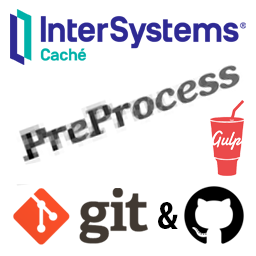 ˮ This is one of my articles which was never published in English. Let's fix it!
ˮ This is one of my articles which was never published in English. Let's fix it!
InterSystems ObjectScript is a scripting language to operate with data using any data model of InterSystems Data Platform (Objects, Relational, Key-Value, Document, Globals) and to develop business logic for serverside applications on InterSystems Data Platform.